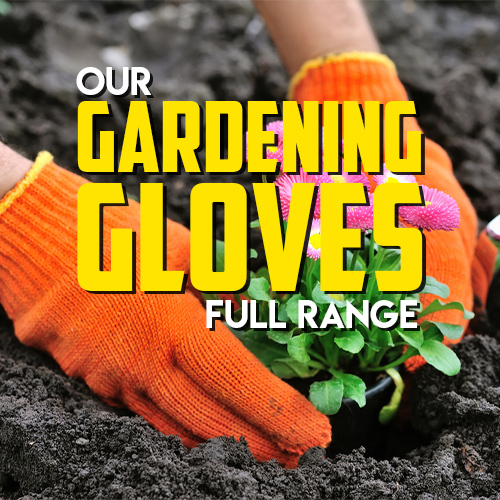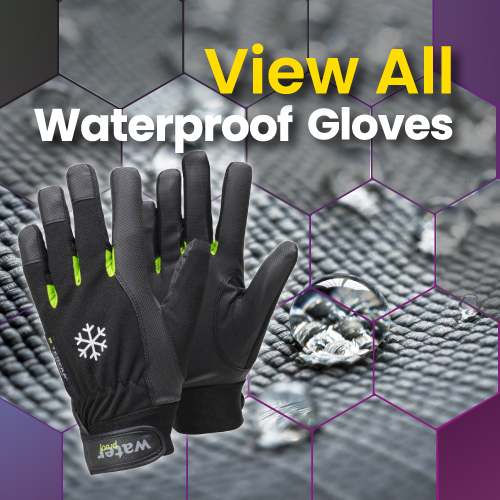| Blacksmith Gloves: Avoiding Flying Sparks12 January 2016 Being a blacksmith is, to some extent, being an artist. It's not just banging away at lumps of metal until it turns into something delicate – the common misconception most seem to believe. It is a painstakingly slow process, of patience and a sharp eye that tells you just when a piece reaches the perfect heat for forging. It takes practice and discipline to produce even one item, however crudely made. A blacksmith is – and always has been since the craft started – at high risk from a number of injuries. Whether this is catching your thumb with the hammer or remaining too close to the fire for too long, dangers are everywhere. If flying sparks are enough to make you flinch, then hot metal could do so much more damage. Withstanding the heatAlthough blacksmiths have been around for generations, the type of protective gear now available far outstrips anything that was available back when swords were being forged for nobility. Blacksmith gloves are just one part of this protective gear, but a highly important part. A debate rages over whether a glove should be worn on the hammer hand or not. The general consensus seems to be no as it prevents you from feeling the intricate changes in the metal. But regardless of what people feel about this stage in the process, there is no denying the need for wearing gloves when handling hot metal. Blacksmith gloves are specialised, with leather or suede believed to be the best material due to the heat resistant properties. There is no point having a fitted leather glove though. By the time you realise the glove is growing hot, it is too late to avoid being burn. Blacksmith gloves are designed to be loose fitting, allowing you to remove them with just a flick of your wrist. It doesn’t matter if you have things in your other hand, you will be able to remove the glove before the burn seeps through to your skin. Burns can be deep and extremely painful: the right glove is needed to avoid this. Getting used to blacksmith glovesIf you have been forging without the use of blacksmith gloves, it does not take a lot of adjusting to start wearing them. Designed to protect you from the heat, the right glove can support your hands and wrists and allow you to keep forging for longer than if you were working without one. It is a matter of finding the right sort of blacksmith glove to suit your needs – you and only you know how you work. By using gloves, you are not only protecting your hands from burns, but preventing the development of calluses and damaged skin. Although these may not offer the same level of pain as a burn, they can be an irritant and even affect your work. Find out moreIf you wish to learn more about blacksmith gloves or have an enquiry, contact our support team on 020 7720 2266. Alternatively, you can explore our range of blacksmith gloves to see the full range that we offer. | ||||||||||






